Love and relationships treatment
At Steps Together, we understand how deeply love and relationships shape everyday life. When challenges arise, whether through conflict, distance, or patterns that feel hard to break, it can be difficult to know where to turn. Love and relationships treatment offers a safe and structured way to rebuild trust, strengthen bonds, and create healthier patterns that support lasting connection.
We provide compassionate care through a range of options, from relationship counselling and couples therapy in the UK to tailored psychotherapy for relationships. Our approach focuses not just on resolving immediate difficulties but on helping you explore the deeper aspects of love, attachment, and communication that influence how you relate to one another.
With both residential and outpatient support available, we create space for individuals, couples, and families to work through challenges at a pace that feels right. Whether you are considering love therapy to understand recurring patterns or seeking structured couples therapy to move forward together, we are here to guide you toward stronger, more fulfilling connections.

Take the next step toward stronger connections
We know that seeking relationship support can feel daunting, but taking that first step often brings relief and clarity. Together, we can create a safe and private space where you feel heard, respected, and supported.
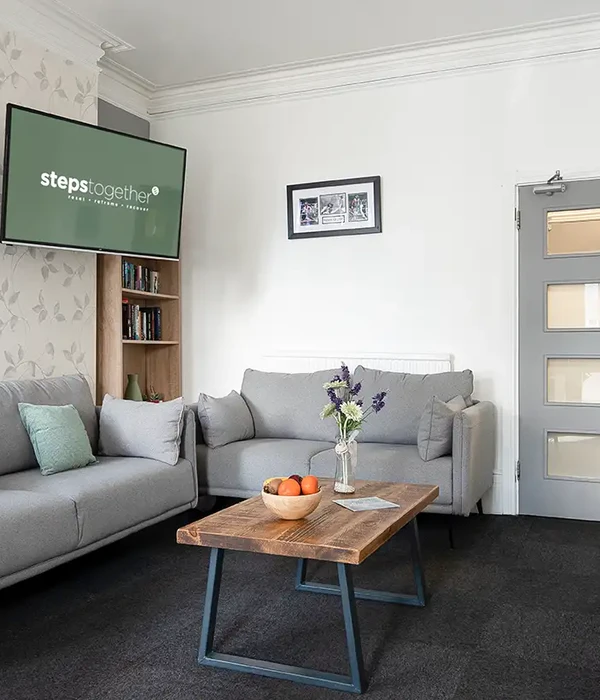
Relationship therapy is a form of counselling that focuses on improving how people relate to each other, whether in romantic partnerships, marriages, or family relationships. It helps us recognise patterns of conflict, strengthen communication, and build healthier ways of connecting.
Common Issues Addressed
Many couples and families come to therapy when communication begins to break down. Misunderstandings, frequent arguments, or avoidance of difficult conversations often create distance over time. By working with a therapist, we can learn to express ourselves more clearly and listen more effectively.
Relationship therapy also supports those facing trust issues, often linked to infidelity, secrecy, or past experiences that affect the present. These challenges can leave one or both partners feeling insecure, and therapy provides a safe space to rebuild trust step by step. In some cases, issues such as sex addiction or porn addiction may also affect relationships, and therapy can help address these in a supportive environment.
Other common concerns include managing differences in parenting styles, coping with stress from financial pressures, or adjusting to major life changes such as illness or relocation. Therapy allows us to explore these challenges together, rather than letting them drive us apart.
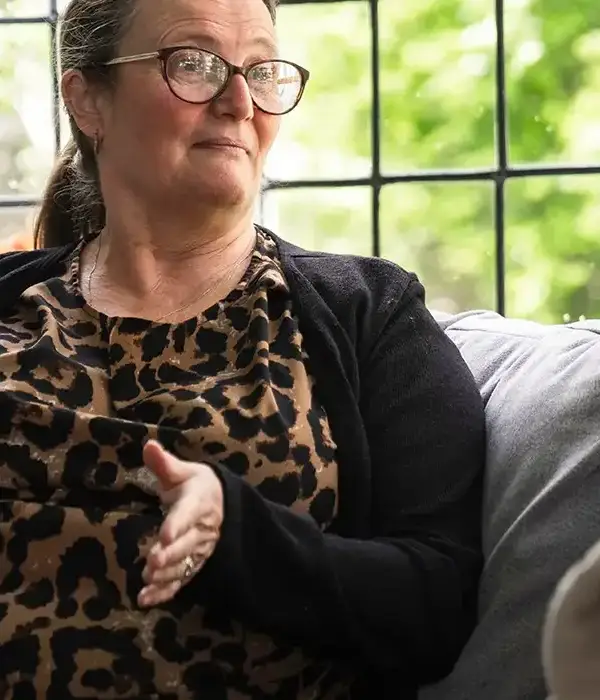

Benefits of Relationship Support
Engaging in therapy offers us practical tools to manage conflict in healthier ways. Instead of repeating the same arguments, we can learn strategies that reduce tension and promote understanding. This creates more balanced and respectful interactions.
Therapy also strengthens emotional closeness. By addressing unresolved issues and improving communication, we often find a renewed sense of connection and intimacy. This can help couples move forward with greater confidence in their relationship.
Beyond romantic partnerships, relationship support can improve how families and close friends relate to one another. The skills we develop in therapy—such as empathy, patience, and active listening—benefit all areas of our lives, making our relationships more resilient and supportive.
Deeper aspects of love and relationships treatment
We recognise that difficulties in relationships rarely exist in isolation. Emotional wellbeing, trust, intimacy, and wider family dynamics all play a role. By addressing these areas through structured therapeutic support, we help couples and families build healthier connections and manage challenges with clarity and care.
Therapeutic Approaches Used
In our work, we use evidence-based therapies that focus on both emotional and behavioural change. Approaches such as Cognitive behavioural therapy (CBT) , Emotionally Focused Therapy (EFT), and the Gottman Method provide practical tools for communication and conflict resolution. These methods help partners understand one another’s needs while reducing cycles of blame.
We also integrate holistic practices that consider the individual as a whole. This may include mindfulness techniques to reduce stress, or guided sessions that encourage vulnerability and openness. By combining structured counselling with supportive exercises, couples gain the skills to manage intimacy issues, rebuild trust, and strengthen their emotional bond.
Our therapists adapt methods to each couple’s situation, whether it involves marriage counselling, counselling for trust issues, or online couples therapy. This flexibility allows us to meet people where they are, ensuring the treatment is relevant and effective.
Family Therapy Support
Relationship difficulties often extend beyond the couple and affect the wider family. Family therapy brings together partners, children, or other relatives to work on patterns of communication and behaviour that impact everyone. By involving the family unit, we can address issues at their source rather than only treating the symptoms.
Sessions focus on creating understanding between family members. This might include helping children process changes in the household or supporting parents in presenting a united approach. The aim is to strengthen bonds and reduce conflict.
We also support families coping with stress linked to mental health or substance misuse. By addressing these challenges collectively, we help families develop resilience and healthier ways of relating to one another.
Dual Diagnosis Support
When relationship difficulties are linked to both mental health issues and substance misuse, dual diagnosis treatment becomes essential. This approach addresses both conditions at the same time, recognising that they often feed into one another.
Our dual diagnosis support combines therapy for emotional wellbeing with structured treatment for addiction. By treating both areas together, we reduce the likelihood of relapse and help couples manage the strain these challenges can place on their relationship.
We also involve partners in the process, offering counselling that helps them understand the impact of dual diagnosis. This shared approach builds empathy and equips couples with strategies to support each other’s recovery.
Couples Therapy Programmes
Couples Therapy provides a safe environment where partners can address difficulties with professional guidance. Sessions often focus on communication, conflict resolution, and rebuilding intimacy. We encourage both partners to participate equally, creating a balanced space where each voice is heard.
Our programmes are tailored to the stage and needs of the relationship. For example, some couples may seek support before marriage to establish strong foundations, while others may need to repair trust after a difficult period. Each programme is structured to target these specific goals.
We also provide online couples therapy for those unable to attend in person. This option maintains the same level of professional care and allows flexibility for busy schedules. By offering both in-person and remote sessions, we ensure couples can access support in the way that suits them best.
Outpatient Mental Health Services
Many couples and families benefit from outpatient services that provide regular support without requiring residential treatment. Outpatient mental health treatment
allows individuals and couples to continue daily responsibilities while receiving structured therapy sessions.We offer counselling for a range of issues, including anxiety, depression, and relationship-related stress. These services can be delivered individually or as part of a couple’s treatment plan, ensuring that personal wellbeing is not overlooked while addressing relationship dynamics.
Outpatient treatment also provides flexibility in scheduling, making it easier for people to integrate therapy into their lives. This continuity of care helps maintain progress while reducing the risk of issues escalating.
Treatment for Depression
Depression can place significant strain on relationships, affecting communication, intimacy, and daily functioning. We provide treatment that combines individual therapy with support for couples, ensuring both partners understand how depression influences their relationship.
Our approach may include CBT to challenge negative thought patterns, alongside counselling sessions that focus on rebuilding trust and closeness. Where appropriate, we also coordinate with medical professionals to support any prescribed treatments.
By addressing depression in a structured way, we help individuals regain stability while strengthening their relationships. This dual focus ensures that both personal wellbeing and partnership health are supported together.
Other Behavioural Treatments that our multi-speciality addiction rehabilitation centres offer
We focus on creating a safe, professional, and supportive environment where trust is built and maintained. Our approach balances clinical expertise with personal attention, ensuring that each person feels respected and understood throughout their therapeutic journey.

Practical aspects of beginning treatment
Starting relationship treatment involves practical considerations that help reduce uncertainty and make the process smoother. Two of the most important areas are understanding the costs involved and knowing how to arrange appointments with confidence.
Costs and Payment Options
We believe transparency around pricing is essential. In the UK, therapy session pricing can vary depending on the provider, location, and whether sessions are individual or couples-based. Typical costs range from £50 to £120 per session, though structured packages often provide better value when booked in blocks.
Some services offer tiered pricing to suit different budgets. For example, discounted rates may apply for students, low-income households, or those committing to longer-term treatment. Flexible payment plans can also ease the financial commitment, allowing instalments rather than upfront fees.
Private health insurance sometimes covers relationship or couples counselling, though coverage depends on the policy. We always recommend checking with your insurer before starting. For those seeking quicker access, self-referral counselling avoids long NHS waiting lists and ensures treatment begins without unnecessary delay.
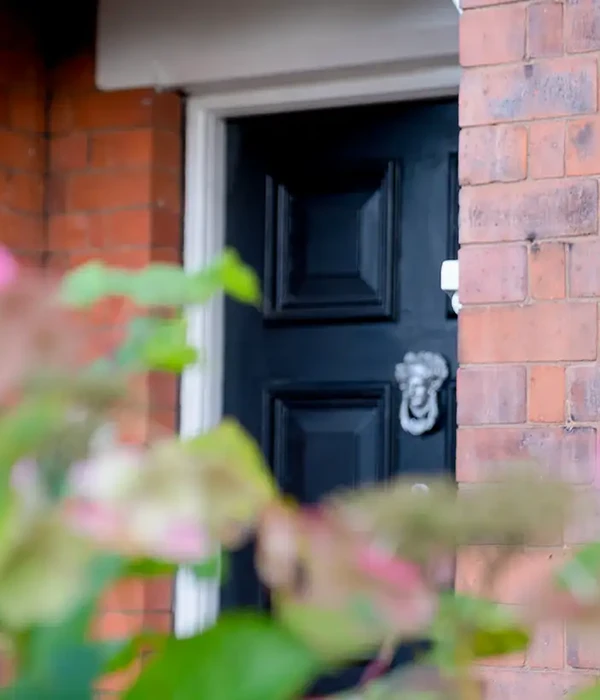
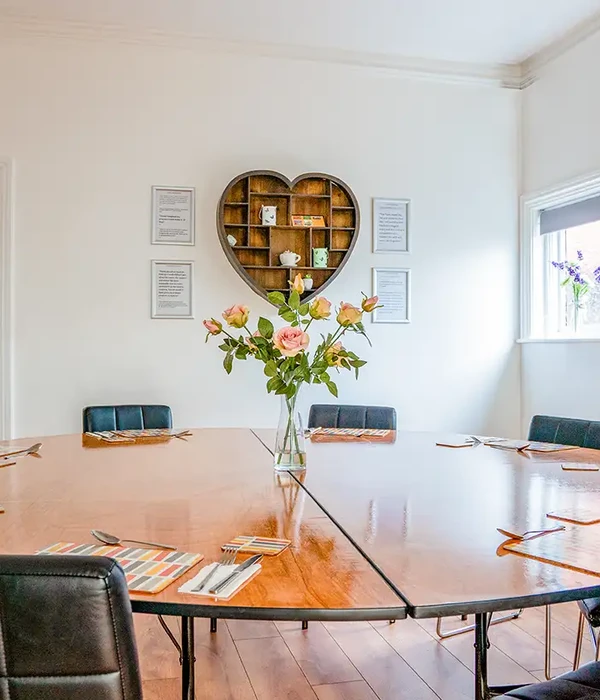
Booking Your Appointment
Booking an appointment should feel straightforward. Most services allow self-referral, meaning you can contact the provider directly without needing a GP referral. This gives us more control over when and how quickly sessions begin.
We usually start with an initial consultation, either online or in person. This session helps us share our concerns, outline goals, and decide whether the therapist feels like the right fit. Many providers now offer video or phone options, making it easier to access support without travel.
Appointments can often be arranged online through a booking system, by phone, or via email. Some practices provide evening or weekend slots, which is especially helpful for couples balancing work and family commitments. Once booked, confirmation and details are usually sent straight away, giving us clarity and peace of mind.
Steps to continue your journey
We provide structured support that helps you build stronger connections, access the right type of care, and maintain progress beyond the therapy room. Our approach ensures continuity, so you feel guided and supported at every stage.
We offer a range of therapy options designed to meet different relationship needs. Some couples benefit from structured love therapy sessions that focus on communication and trust, while others require individual work to address personal challenges that influence the partnership.
Our modalities include short-term interventions for specific issues, as well as longer-term therapy for deeper patterns. Each pathway is tailored, whether the focus is rebuilding intimacy, managing conflict, or strengthening emotional bonds.
We encourage active participation throughout sessions. This means practising skills such as reflective listening, fair communication, and openness to feedback. By combining practical exercises with guided discussions, we create a safe environment where couples can explore difficulties and develop healthier habits.
Our centres are based in accessible locations, making it easier for you to attend sessions regularly. We understand that consistency is key, so we ensure our spaces are welcoming, private, and designed to encourage open conversation.
Each site is equipped to support couples and individuals at different stages of their journey. Whether you are just beginning therapy or continuing after earlier work, our locations provide a consistent setting where progress can be built on week by week.
We also offer flexible scheduling to accommodate busy lives. Evening and weekend appointments are available at many of our sites, allowing you to integrate therapy into your routine without unnecessary stress.
Support does not end when formal sessions conclude. We provide aftercare options to help you maintain the progress made in therapy, ensuring changes are sustainable in the long term.
Aftercare may include follow-up sessions, check-ins, or structured relationship reviews. These touchpoints give couples the chance to revisit skills, address new challenges, and reinforce positive behaviours learned during therapy.
We also encourage ongoing self-practice through simple daily exercises, such as gratitude journaling or scheduled check-ins with your partner. By combining professional guidance with personal commitment, aftercare ensures that improvements in communication, trust, and intimacy continue to grow.
Exploring therapy choices with Steps Together
We provide structured options that address both personal wellbeing and relationship challenges. Each pathway offers a different level of support, designed to meet individual needs while strengthening connections with loved ones.
Residential Addiction Treatment
Our residential programmes offer a safe and structured environment where recovery can begin without external pressures. Living on-site allows us to focus entirely on healing, with 24-hour support from trained professionals.
We combine individual therapy, group sessions, and relationship counselling to help partners and families rebuild trust. This approach ensures that recovery is not just about the individual but also about repairing and strengthening close relationships.
By removing distractions and providing a dedicated space, we create the conditions for lasting change and healthier connections.
Specialist Counselling Services
We recognise that every relationship faces unique challenges, which is why we provide specialist counselling tailored to specific needs. Our counsellors work with couples, families, and individuals to address issues such as communication breakdown, trust concerns, or conflict resolution.
By creating space for open dialogue, we help partners understand each other’s perspectives. This process strengthens emotional bonds and encourages healthier patterns of interaction.
Specialist support ensures that therapy is not generic but carefully aligned with the realities of each relationship.
Grief Therapy Support
Grief therapy goes beyond immediate bereavement support by addressing the long-term emotional effects of loss. We focus on helping people understand their feelings, manage triggers, and rebuild a sense of meaning in life.
Sessions often explore how grief influences relationships, from withdrawal to heightened conflict. By working through these challenges, partners and families learn strategies to stay connected and supportive.
Our goal is to provide practical tools that make it possible to move forward while honouring the memory of those lost.
Outpatient Treatment Programmes
For those who cannot step away from daily responsibilities, our outpatient treatment offers flexibility without compromising quality. Sessions are scheduled around work and family, allowing us to integrate therapy into everyday life.
We use evidence-based methods to address addiction and its impact on relationships. Couples and families often attend joint sessions to improve communication and reduce conflict.
This balance of independence and professional guidance helps people apply what they learn directly in their home environment, making progress sustainable.
Bereavement Counselling
Losing a loved one can place immense strain on personal wellbeing and relationships. Our bereavement counselling offers compassionate support to help people process grief while maintaining important connections.
We encourage honest conversations about loss, which often reduces feelings of isolation. Couples and families can explore how grief affects their dynamics and learn ways to support each other.
This guided approach helps individuals find stability while also protecting the closeness of their relationships during a difficult period.
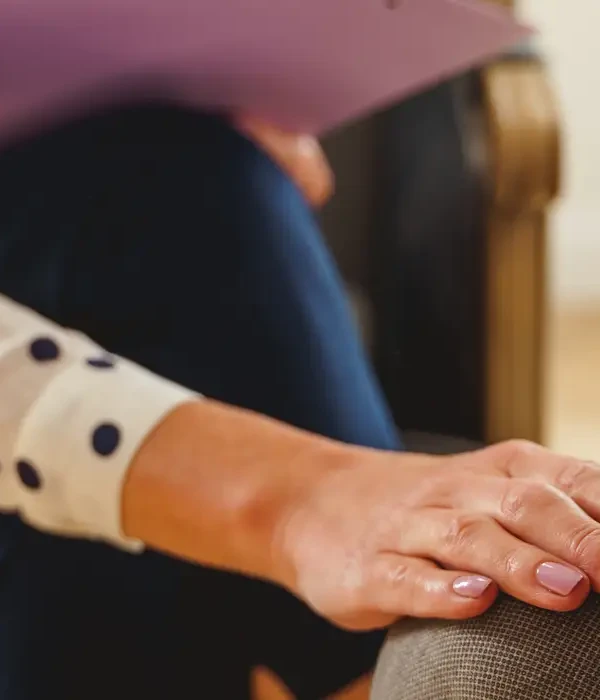
Ready to begin improving your relationships?
We all face moments when our connections feel strained or uncertain, and taking the first step towards change can feel daunting. With the right support, small shifts in how we communicate and respond to one another can make a meaningful difference.
Through approaches such as psychotherapy for relationships, we can explore patterns, address challenges, and create healthier ways of relating. This process helps us build trust, strengthen respect, and restore balance in our partnerships.
If you’re ready to start, we invite you to take that step with us. Together, we can work towards more understanding, stronger bonds, and a renewed sense of connection.
Frequently Asked Questions about relationship treatment
We understand that starting relationship treatment can feel uncertain, so we aim to give clear answers to the most common concerns. From the types of issues we work with to the cost and confidentiality of sessions, we want you to feel informed and confident about the process.
What issues can love and relationship treatment help with?
We support individuals and couples facing challenges such as communication breakdown, recurring conflict, loss of trust, or difficulties with intimacy. Many people also come to us after experiencing infidelity, separation, or when they feel emotionally distant from their partner.
Treatment can also help with stress, anxiety, or low self-esteem when these issues affect a relationship. We focus on creating healthier patterns of interaction, rebuilding trust, and improving emotional connection.
How many sessions will I need?
The number of sessions depends on the nature of your concerns and your goals. Some clients benefit from short-term support over 6 to 8 sessions, while others choose longer-term treatment lasting several months.
We review progress regularly and adjust the plan as needed. Our aim is to help you reach a point where you feel confident managing your relationship without ongoing therapy.
What qualifications do the therapists have?
Our therapists are accredited with professional bodies such as UKCP or BACP. This means they have completed extensive training, adhere to ethical standards, and receive regular supervision.
You can expect your therapist to have specialist experience in relationship and couples work. We are committed to ongoing professional development to ensure the highest quality of care.
How much does treatment cost in the UK?
Session fees vary depending on the therapist’s experience and location. On average, individual sessions range from £50 to £90, and couples sessions are typically between £70 and £120.
Some therapists may offer reduced rates for students or those on lower incomes. We will always confirm costs before you begin treatment so you can plan with clarity.
How long do sessions usually last?
Most sessions last between 50 and 60 minutes. This length allows enough time to explore key concerns while keeping the process structured and manageable.
In some cases, extended sessions of 90 minutes may be offered, especially for couples who need more space to work through complex issues. We will always agree session length with you in advance.
Is treatment available online as well as in person?
Yes, we offer both in-person sessions and secure online appointments. Online treatment is especially helpful for those with busy schedules, mobility issues, or who live outside of major cities.
We use confidential video platforms to ensure privacy and accessibility. Many clients find online sessions just as effective as face-to-face meetings.
Is the service confidential?
Yes, everything you share in sessions is kept confidential. We do not disclose information to anyone without your consent, except in rare circumstances where there is a serious risk of harm.
We take confidentiality very seriously, and this commitment applies equally to in-person and online sessions. Our goal is to create a safe space where you can speak openly.
Do you accept private health insurance?
Many of our therapists are registered with private health insurance providers. If you have cover, you may be able to reclaim part or all of your session fees.
We recommend checking directly with your insurer, as policies differ in what they include. We can provide invoices or complete required forms to support your claim.





